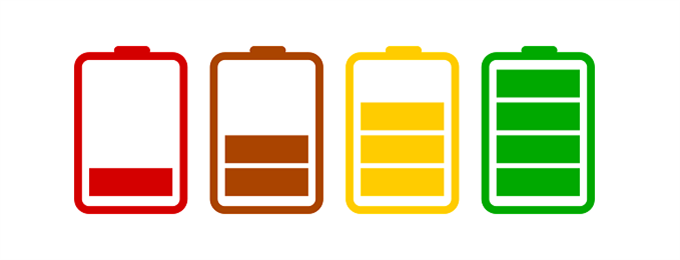The EC accepts an initiative of seven Member States to support strategic research and innovation across the battery value chain under EU State aid rules.
Belgium, Finland, France, Germany, Italy, Poland and Sweden: In the coming years, these seven EU Member States (MS) will allocate a total of €3.2 billion of state aid for the EU’s most recent Important Project of Common European Interest (IPCEI) on batteries. The pan-European project will involve ambitious and risky research and development, so the European Commission (EC), in order to deliver solutions beyond the state-of-the-art innovation across the entire battery value chain. A special focus will lie on the improvement of environmental sustainability and the reduction of the CO2 footprint in different production processes.
IPCEIs date back to 2014 when the EC adopted a first Communication outlining the criteria under which MS have permission to support transnational projects of strategic significance. Within the establishment of the IPCEI framework, the EC encourages MS to back projects making a clear contribution to economic growth, jobs and competitiveness in Europe. The IPCEI framework complements State aid rules and allows for the public support of innovative projects while ensuring the limitation of potential competition distortions. Public investment for R&I and first industrial deployment is conditioned on a high innovation degree of the funded projects and on the obligation that they do not cover mass production or commercial activities. IPCEI rules also require spillover commitments, meaning the obligation to extend positive effects on the internal market, and the extensive dissemination of newly acquired knowledge across the EU.
The EC considers the battery value chain as being of strategic importance, and has launched the “European Battery Alliance” already in October 2017. In May 2018, interested MS and industrial actors adopted a Strategic Battery Action Plan aimed at developing an innovative, sustainable and competitive battery ecosystem in Europe. After the battery IPCEI was formally approved under State aid rules in October 2019, the EC swiftly decided to ensure fast and smooth implementation. Margarethe Vestager, Executive Vice-President and Commissioner in charge of competition policy assured that the “approved aid will ensure that this important project can go ahead without unduly distorting competition”.
The battery IPCEI involves 17 direct participants and 70 external partners across Europe and will focus on four areas: (1) Raw and advanced materials, (2) cells and modules, (3) battery systems as well as (4) repurposing, recycling and refining. The overall completion of the battery IPCEI is foreseen in 2031, with additional €5 billion in private investments expected until then. This is the second IPCEI in the field of research and innovation, after the IPCEI on Microelectronics was approved in December 2018. Last month, the EC published recommendations by the expert group ‘Strategic Forum on IPCEI’ identifying six other future-oriented strategic value chains such as low-carbon industry and cybersecurity.

